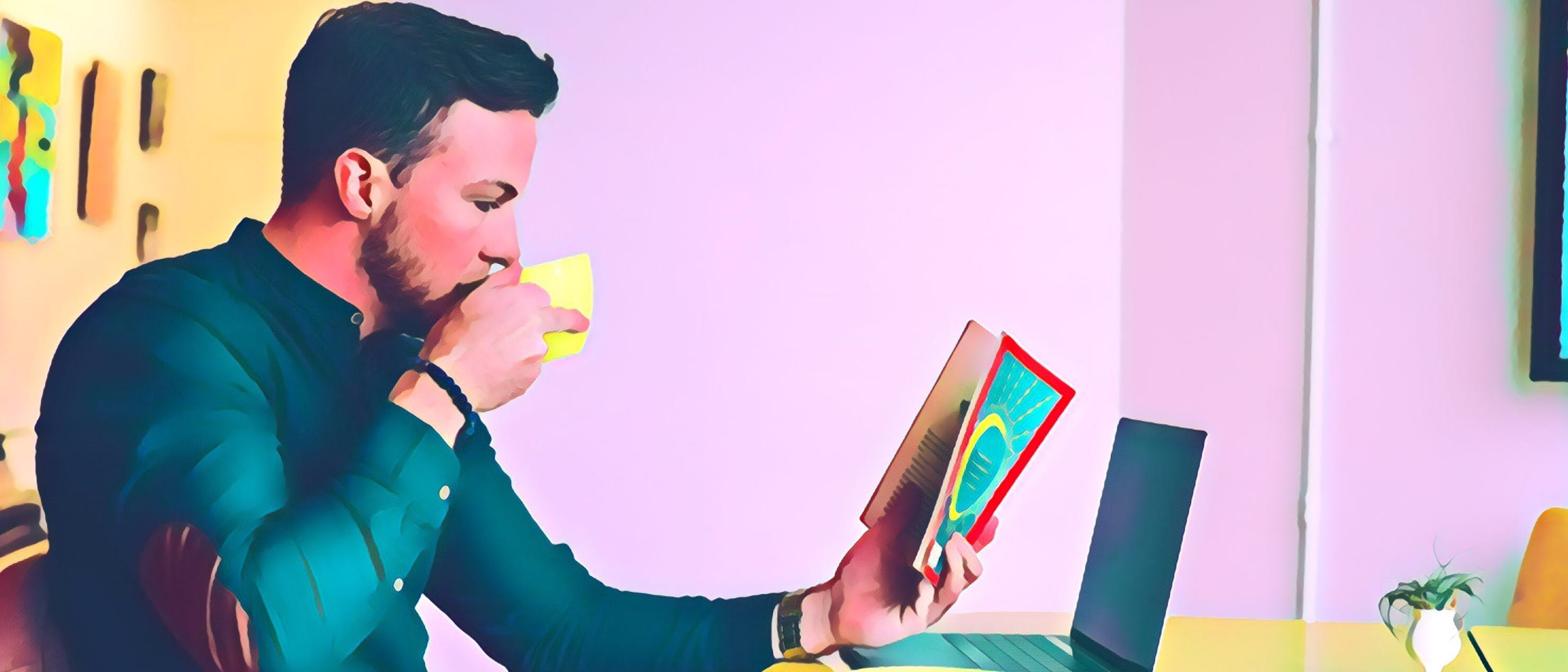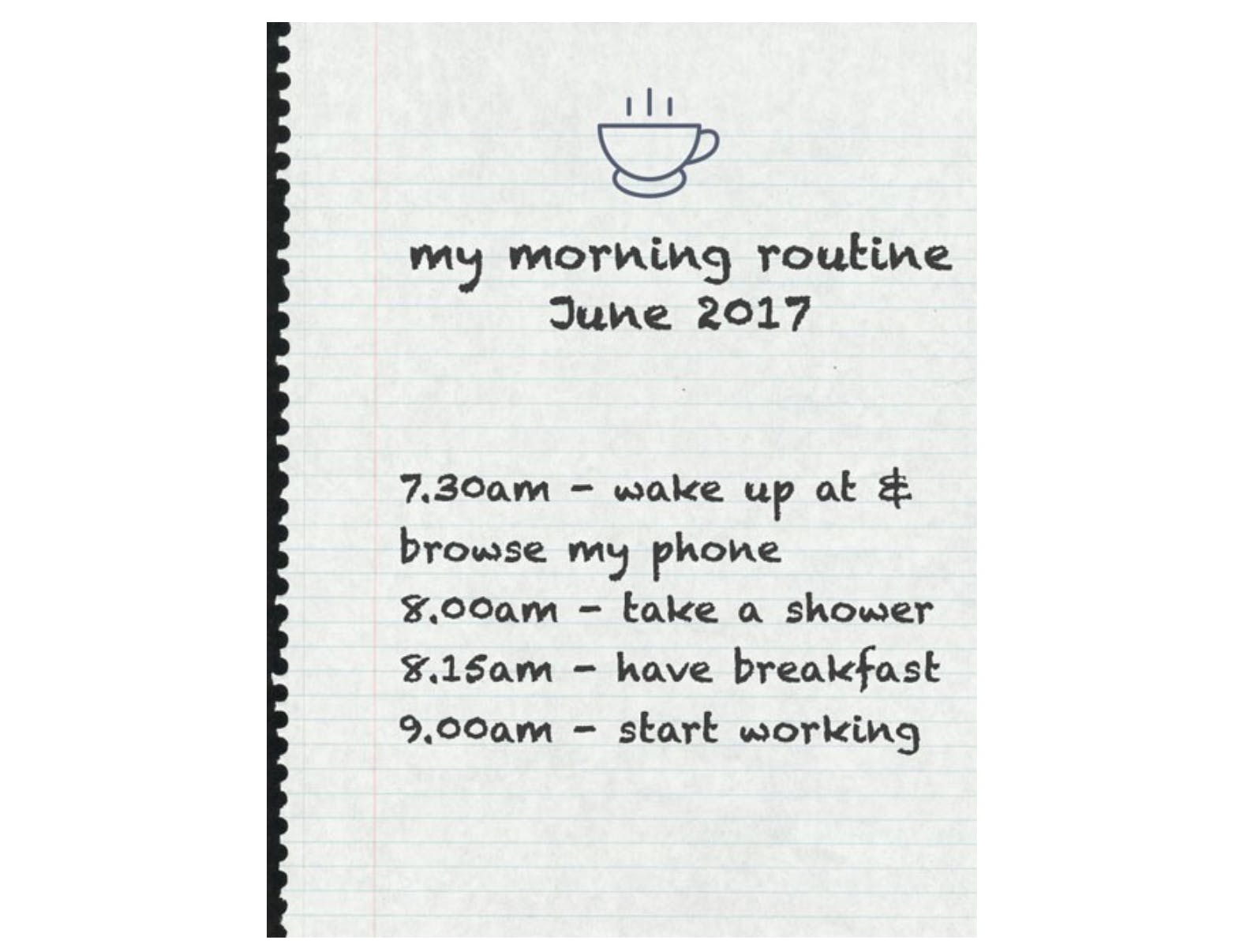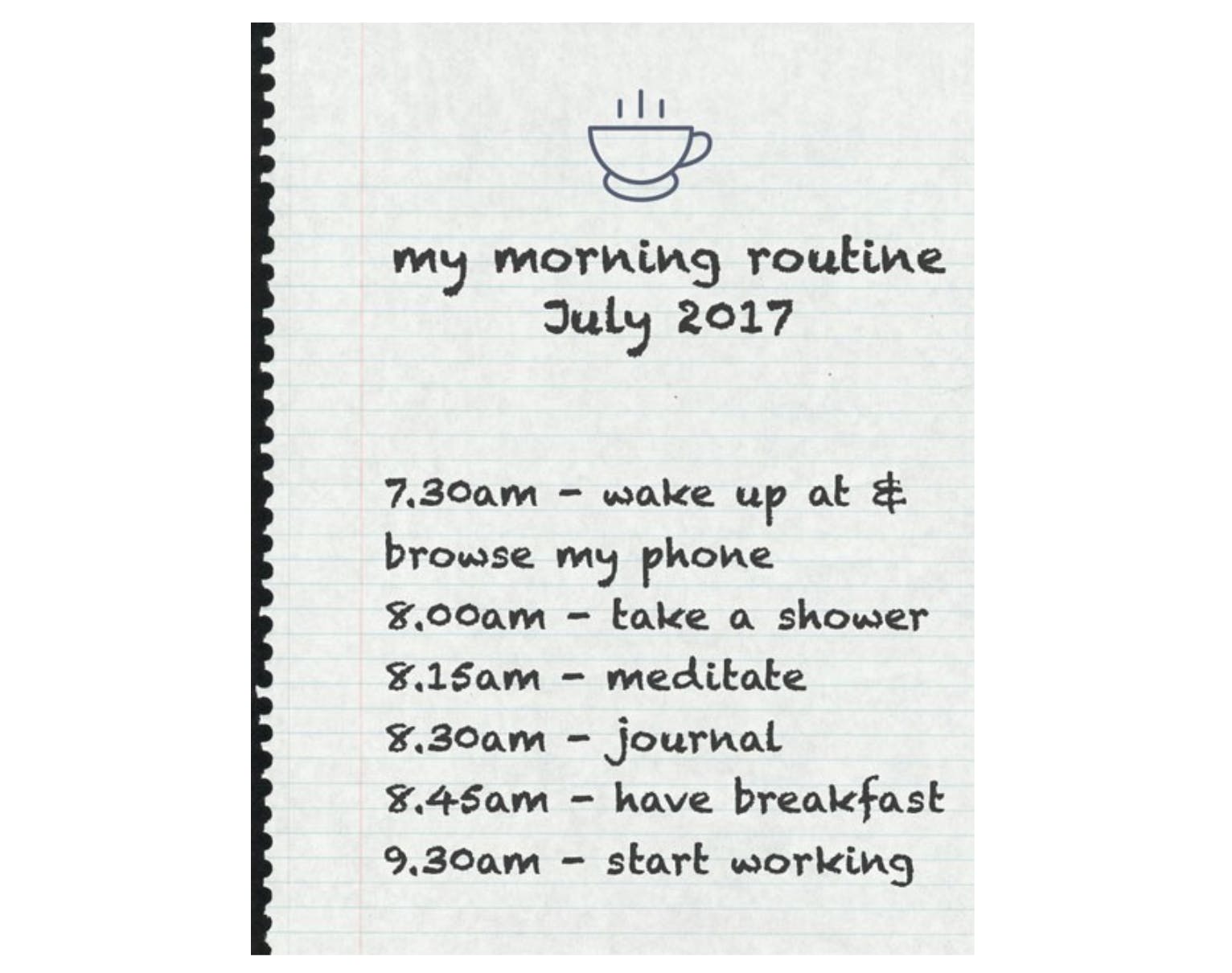Subscribe
Sign in
How my failed startup made me the healthiest version of myself

Share On
"When something that’s been a big part of you fails, you can’t help but feel a bit miserable for a while."
Failing is tough, no matter how zen you are. It means not achieving your goals and how can that ever feel ok?
But this story is not a sad one. Quite the opposite.
It’s the story on how my failed startup pushed me into becoming the best version of myself.
Finding Podcasts
To start, let’s go ALL THE WAY BACK to June 2017.
My online wedding startup Wedmap, after almost three years of hard work and effort had officially failed.
And when something that’s been a big part of you fails, you can’t help but feel a bit miserable for a while.
Maybe we could have held up a little bit longer? What if we tried to pivot one more time? Maybe we gave up too early? Was it all a waste of time?
It’s a dark place to be mentally, but it’s part of the game. Failing sucks, but it’s your mindset that makes it either better or worse. So I knew the best way to deal with it is to inject some positivity in whatever form. And I turned to podcasts to help me out and luckily, started with The Tim Ferriss Show.
How fixing my morning fixed my life
Anyone who’s an active podcast listener in self-improvement space will know who is the king-in-the-castle. His name is Tim Ferriss and he’s the author of one of the most popular business books of all time — The 4 Hour Workweek, which by the way, was still the most highlighted book across all of Amazon in 2017 (more than 10 years after publication).
Ferriss's podcast is no less of a success as his books, and since 2014 has been downloaded over 300 million times! He's changed a lot of lives over the years — mine included. It gave exactly what I needed at the point when I was down : a perspective.
Meditation and Journaling
So, one topic that you’ll hear quite often on Ferriss’ show is morning routines. At this point, I assume it’s because his listeners want to hear this and not because he has an inner desire to hear somebody’s morning routine for the 400th time. It goes without saying — this man is already a well-oiled machine.
But I was not. So I made up my mind to fix my morning routine.
I decided to start with meditation and journaling in particularly as it seemed to be two things that had the most impact on Ferriss himself and I was always curious to try it out.
At that point, I had no idea how habits are formed nor it was my primary motivation. It wasn’t about building a habit of meditation. It was about seeing whether I could get the same benefits other people get. Self-experimentation if you will.
Luckily, I was self-aware enough to realize that I have to make it really simple if I want to still be doing this after an initial burst of motivation is gone. And without knowing, I applied one of the fundamental habit-forming rules — make it ridiculously simple.
I downloaded Headspace and signed up for a 10-day trial.
I did the 10 days diligently and felt great. Not sure whether it was a placebo effect or if it was exactly what I needed, but I was hooked. My mind felt clearer with each session.
At the same time, I started journaling using the five-minute Journal method used by Ferriss and invented by one of the readers of The 4-Hour Workweek. I didn’t want to pay $23 for a journal+ $19 for shipping to Switzerland so I took an old notebook and wrote titles of five sections with three empty lines apart:
1. I am grateful for…
2. What would make today great?
3. Daily affirmation. I am…
4. Amazing things that happened today…
5. How could I have made today even better?
And so I started filling it in — first three questions in the morning, last two before going to bed. At first, it was a bit weird and I didn’t really know if I’m doing it the “right” way. But I thought to myself that if it worked for TF, it must be good. Trust the process, Tauras.
As days went by, I continued with my new habits. In the first month, I meditated and journaled for 24 out of 30 days. The days I skipped were all during the weekends and looking back it was probably because my weekend routine was not ready to be challenged. It’s one of the reasons why a lot of good intentions fail — they meet the wall of your existing habits.
Nevertheless, after the first month my morning routine went from this:

to this:

Adding Cold Showers
At this point, I was obviously hooked to add more good stuff into my routine.
For example, I always wanted to get into the habit of regular book reading so I tried adding a habit of grabbing a book instead of the phone first thing after I wake up. I was driven by good intentions and bad strategy, so it didn’t work out. Reading would make me sleepy and I would often doze off back to sleep.
I needed something else.
So I thought to myself — how about instead of adding a new habit, I just upgrade the current one? Around the same time, I talked to Cédric Waldburger, a well-known minimalist in Switzerland and he swore by the cold showers. He gave me an extremely great tip — don’t ease-in, switch to coldest setting on your shower right away and just do it. First days will be a pain, but the bliss will be around the corner.
Oh boy, it was good advice. After taking a cold shower for a week I felt:
- More alert
- Eager to make shower time a lot shorter
- Satisfaction in doing something hard and actually finishing it
- An adrenaline rush
- The strange feeling of wanting the coldness to finish asap, but once I was out of the shower, I was craving for more. I was addicted!
It took me around 5–6 days to get more comfortable with the cold showers, but I haven’t looked back. I haven’t had a warm shower since Sept 9th, 2017 and I don’t think I’m ever coming back.
All aboard the Self-Improvement Express
At this point in my life, there was no turning back.
I was on what I call the Self-Improvement Express with a one-way ticket to the best-version-of-myself.
Three months after closing down the startup, I had installed three new habits into my life. Even though they still felt fragile and my old morning habits would take over me more often than I wished, I was doing what I was supposed to do 80–90% of the time.

I knew that building great habits is something that will bear fruits for the rest of my life. But I needed to find a system that would help me to replicate my results and keep me on Self-Improvement Express as long as I wanted.
So I turned to science and started to binge on everything habit-formation related. Power of Habit, James Clear, Selfication, BJ Fogg. I wanted to know how to build and break habits properly and make this change last.
NOW
Fast forward to the present, and my train is going steadily a thousand miles an hour. Every new habit I build is like adding an extra carriage I attach to the train.
I choose them wisely and have set a ground rule — maximum one new habit every month. New ones tend to slow down the whole train, thus you got to be careful not to overload the engine of a well-oiled machine.
Want to see how my self-improvement train looks these days?

STARTING A NEW STARTUP
I got so hooked on building habits that ended up starting a fresh new startup (21 Day Hero) together with my wife, with a mission to help entrepreneurs upgrade their habits in four key areas of life — sleep, nutrition, exercise, and mindfulness. Using proven behavioral change science methods and our own personal experience.
We’re big believers that times when being an entrepreneur was synonymous with overworking yourself, sitting in front of computer 24/7, eating junk food and ignoring your mental state are over. We all understand how short-term this strategy is. Quite the contrary — being healthy is probably the best competitive advantage you can have.
So, who’s joining me on Self-Improvement Express?
Comments (11)
erikig@erikig
Congrats @tauras_sinkus - enjoy the journey
Share
By the way - if some of the readers would like to join our team as a CTO - message me! :)
It is particularly important that a new habit makes an impact on the existing habits and we must be careful about which habits we add.
Thanks for sharing.
More stories

Mathew Hardy · How To · 3 min read
How to Detect AI Content with Keystroke Tracking

Sanjana Friedman · Opinions · 9 min read
The Case for Supabase

Vaibhav Gupta · Opinions · 10 min read
3.5 Years, 12 Hard Pivots, Still Not Dead
Kyle Corbitt · How To · 5 min read
A Founder’s Guide to AI Fine-Tuning

Chris Bakke · How To · 6 min read
A Better Way to Get Your First 10 B2B Customers
